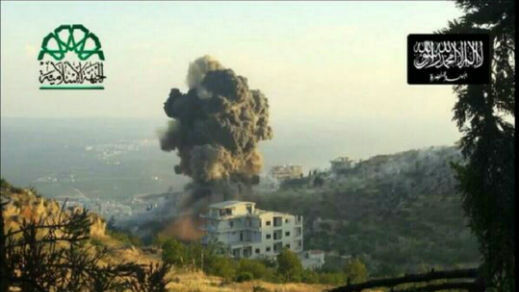Three Maldivians en route to Syria extradited
Three Maldivian men have been arrested in Turkey while attempting to illegally cross over into Syria and join extremist militant groups in the war-torn country.

24 Mar 2016, 09:00
Three Maldivian men have been arrested in Turkey while attempting to illegally cross over into Syria and join extremist militant groups in the war-torn country.
A police spokesperson told The Maldives Independent that the Turkish authorities extradited the three men earlier this month.
“The three individuals now remain in police custody on suspicion of attempting to participate in a foreign civil war,” the media official said, declining to provide further details.
The 2015 Anti-Terrorism Act criminalises the act of leaving the Maldives to fight in a foreign war. The offence is punishable by a jail term of between 10 to 20 years.
Become a member
Get full access to our archive and personalise your experience.
Already a member?
Discussion
No comments yet. Be the first to share your thoughts!
No comments yet. Be the first to join the conversation!
Join the Conversation
Sign in to share your thoughts under an alias and take part in the discussion. Independent journalism thrives on open, respectful debate — your voice matters.




